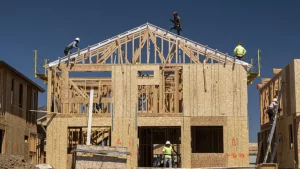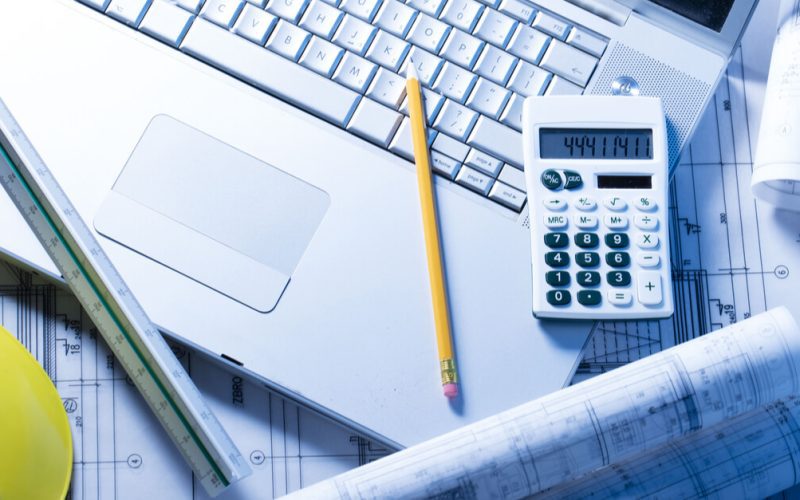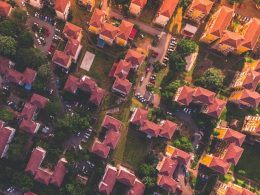Introduction
As the housing market grapples with skyrocketing construction expenses, the dream of building your own home is facing unprecedented challenges. The decision to build or buy has never been more complex. In this article, we’ll uncover the ramifications of surging construction costs, how they affect the feasibility of building a home, and whether it’s still a worthwhile endeavor.
The Surging Costs: Unraveling Escalating Construction Expenses
Understanding the decision to build a home necessitates a deep dive into the factors behind the surging construction expenses.
Soaring Material Costs
One of the primary culprits driving escalating construction expenses is the astronomical rise in material costs. Lumber, steel, cement, and other vital building materials have experienced unprecedented price hikes. These increased material costs can significantly impact construction budgets, leading to higher expenses for both builders and prospective homebuyers.
Shortages in Skilled Labor
The construction industry faces acute shortages in skilled labor, from electricians to plumbers. The demand for these professionals far exceeds the available workforce. As a result, builders must offer higher wages to attract and retain skilled labor, further inflating the overall cost of building a home.
Impact of Unprecedented Demand
The high demand for housing adds another layer of complexity to construction expenses. Builders are inundated with projects, intensifying competition for available labor and materials. This heightened demand can lead to higher prices and make it challenging to stay within budget.
Challenges and Implications for Homebuilders
The ramifications of soaring construction expenses extend to various aspects of the housing market and influence the decision-making process for homebuilders.

Affordability Dilemmas
The most direct impact of rising construction expenses is on the affordability of homes. Builders often pass on these increased expenses to homebuyers, making the dream of homeownership less attainable for many individuals. Escalating costs can result in budget constraints, limiting the options available to prospective homebuyers.
Delayed Projects
Rising construction costs can also lead to project delays. Builders, facing higher expenses and limited availability of labor and materials, may need to put projects on hold or slow down construction. These delays can inconvenience homebuyers and extend the timeline for moving into a new home.
Industry-Wide Implications
The surging construction costs have broader implications for the real estate industry. The challenges faced by builders and the increasing costs they encounter influence the inventory of available homes, pricing, and the overall dynamics of the housing market.
Navigating the Decision to Build or Buy
Given these challenges, the decision to build a home or purchase an existing one requires careful consideration.
Building a New Home
Building a new home provides the advantage of customization. Homebuilders can design the house according to their preferences and needs. However, they need to navigate the higher costs and potential delays associated with construction.
Buying an Existing Home
Buying an existing home offers a more immediate solution. It can often be less expensive than building a new home due to the lower costs associated with established properties. However, buyers may need to compromise on certain features and design elements.
Considerations for Decision-Making
Making the decision to build or buy involves considering budget constraints, time frames, and personal preferences. Prospective homebuilders should assess their financial readiness and flexibility in terms of project timelines.
Conclusion
The housing market’s skyrocketing construction expenses have complicated the decision between building a new home and buying an existing one. Escalating material prices, labor shortages, and strong housing demand challenge the affordability and feasibility of new construction. These challenges have implications for both homebuyers and builders, influencing their decision-making processes.
Whether opting for new construction or purchasing an existing home, individuals must carefully weigh the pros and cons, assess their budget constraints, and consider their desired timelines. As the housing market adapts to these challenges, the decision to build or buy remains a deeply personal one, influenced by individual preferences and financial considerations.












